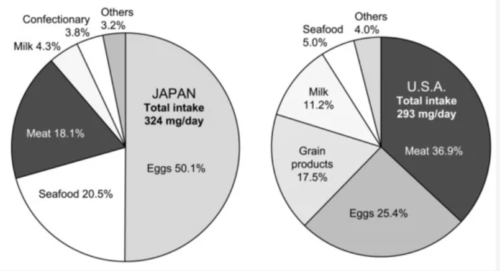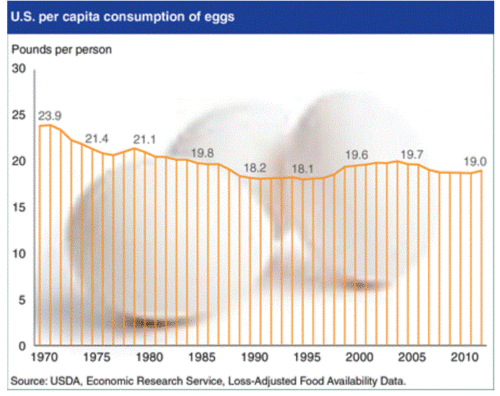Industry funded review of the week: Egg proteins
The study: Health Functions of Egg Protein. Ryosuke Matsuoka, Michihiro Sugano. Foods 2022, 11, 2309. https://doi.org/10.3390/foods11152309.
Purpose: “In this review, we have summarized the available information regarding the health benefits of egg proteins based on human studies.”
Conclusion: “This review summarizes the health effects of egg proteins, especially EWP, as reported in human studies. Two major functions have been clearly identified: (1) they improve muscle mass and have muscle-strengthening and antifatigue effects when
consumed during exercise; (2) they can improve lipid metabolism by reducing visceral fat and lowering serum cholesterol levels. The intake of egg protein may, thus, contribute to the prevention of physical frailty and metabolic syndrome.”
Conflicts of Interest: M.S. declares no conflict of interest. R.M. is an employee of Kewpie Corporation. There are no other patents, products in development, or marketed products to declare.
Comment: M.S. declares no conflict but is Chair of the Japan Egg Science Society, Tokyo, respectively. The purpose of this study was to examine the benefits of egg proteins, not to evaluate them in comparison to any other proteins or to assess the role of eggs in diets. Studies that look for benefits invariably find them. The Kewpie Corporation sells products using eggs. It can now advertise them as health foods.
***********
For 30% off, go to www.ucpress.edu/9780520384156. Use code 21W2240 at checkout.







